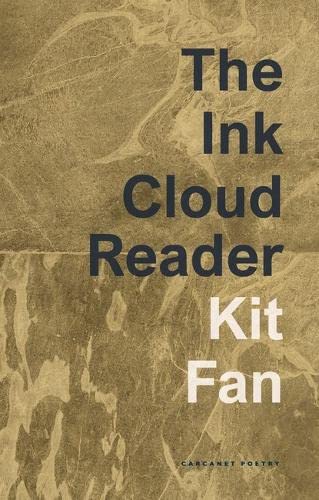What I need now, to change
the half-course of my life,
is to be struck by lightning
and survive it, like Hokusai.
This is another fine collection from the Forward Prize Shortlist. The best collection one, not the first collection. This collection was the result of a 'bolt of lightning' that hit Kit Fan when he was taking photographs inside an Italian Church of its marble and the patterns reminded him of lines of ink. The collection uses reading and writing as doors through which to explore different themes: politics, war, love, loss, literature, family, and place.
Hong Kong features a lot, which is understandable as Kit Fan was born in Hong Kong. He explores the effects of Chinese rule on Hong Kong in subtle but effective ways, particularly in '2047: A Hong Kong Odyssey'. A poem that presents us with a dystopian future where thoughts are policed in order to make people forget:
Do you remember how to remember
and disremember? Do you remember me?
Kit Fan also uses the topography of the page and the structure of poems to make points. One poem is like a play, another - and one of the best in the collection - 'Delphi' presents the text in six columns, reflecting the six surviving columns at the site which still stand. His poem about Yemen and the horror of the war there, called 'From the Yemen Data Project, is a numbered list. It is an effective anti-war poem.
So, to cut a long story short I enjoyed this. I recommend it. It is Kit Fan's third collection apparently so I'm going to look forward to digging into his earlier work.

